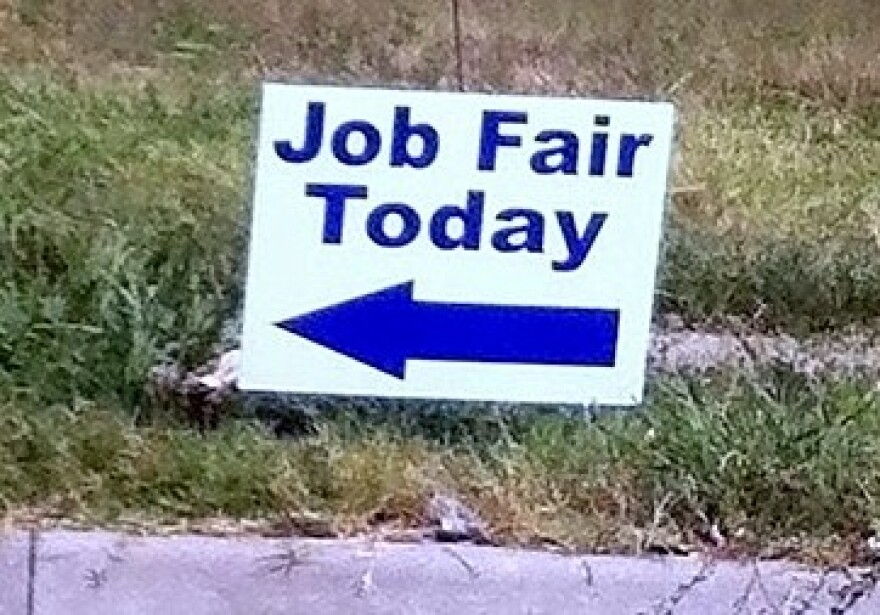As Oklahoma deals with a worker shortage for dozens of critical occupations, a report released Monday lays out actions to help people with criminal records find jobs.
Employer discrimination, complex expungement practices, occupational licensing bans, excessive wage garnishment and difficulty finding housing can all keep justice-involved people from getting jobs that can support them and their families, according to the Workforce Solutions Study from Workforce Tulsa and the University of Tulsa College of Law's Lobeck Taylor Community Advocacy Clinic.
"A lot of people don’t know that these are issues and that the solutions are really just opening your heart and giving these people a chance, because they’re good people. There’s just one chance they kind of messed up," said TU law student Kelsey Harrison, one of the study's authors.
Workforce Tulsa Executive Director Shelley Cadamy said employers being afraid to hire people with criminal records is a big problem, despite research indicating it’s a safe investment.
"Justice-involved people stay in jobs longer. They are more loyal, they get promoted faster than people who are not justice-involved," Cadamy said.
The study recommends the state create a certificate of rehabilitation to put employers at ease. It also calls on employers to adopt hiring practices giving all applicants a fair chance.
The study recommends policies to address the other barriers in addition to continued criminal justice reforms, like making the reclassification of some felonies to misdemeanors retroactive and allowing courts discretion to reduce felonies to misdemeanors.
Policy recommendations include simplifying the expungement process, eliminating bans many occupational licensing boards have for people with criminal records, modifying past-due child support and court fee payments for incarcerated people, and creating risk-mitigation funds for landlords.
Supporters said the need to get more people with criminal records steady jobs affects the entire community. TU President Gerry Clancy said getting more people to work is crucial with the post-Great Recession drop in births translating to a 20 percent drop in college graduates by 2029.
"At the same time, we have a huge number of Baby Boomers retiring. In fact, 10,000 Baby Boomers retire in America per day. So, we’ve got a talent shortage that will become a talent crisis in America, and cities, by city, have to really pay attention to this," Clancy said.
The Oklahoma Office of Workforce Development has identified dozens of critical jobs there are not enough workers to fill. Many do not require a four-year college degree.
Note: KWGS is licensed by the University of Tulsa.



